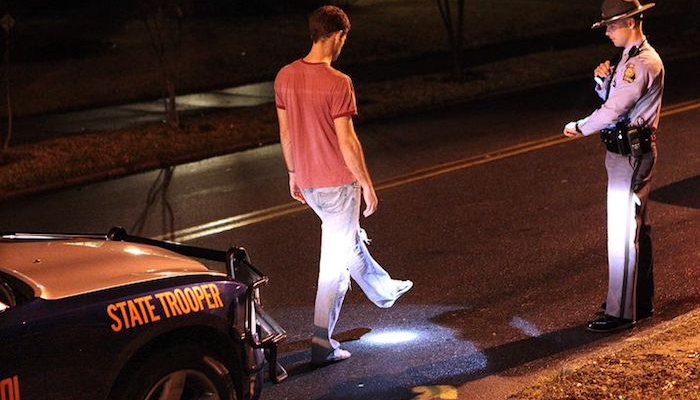Alcohol remains a significant factor in traffic fatalities, claiming over 10,000 lives annually due to drunk driving. DUI checkpoints, also known as sobriety checkpoints, play a crucial role in preventing these tragedies. While these checkpoints can be stressful, understanding what to expect and how to protect yourself is essential, especially in Florida.
DUI Checkpoint Laws in Florida
In Florida, law enforcement must adhere to specific guidelines when conducting DUI checkpoints. These regulations are designed to protect the rights of motorists while ensuring the effectiveness of these preventative measures.
- The Three-Minute Rule: Officers cannot detain drivers for more than three minutes at sobriety checkpoints. However, if they have probable cause to suspect a driver is under the influence, they may extend the detention to conduct further investigation.
- Checkpoint Scheduling: Law enforcement is required to inform the public about scheduled DUI checkpoints. This advance notice allows motorists to plan alternative routes and avoid potential delays.
- Fair and Random Selection Procedure: Before establishing a DUI checkpoint, officers must determine a fair and random method for selecting vehicles for further screening. This could involve stopping every third car or every car with an out-of-state license plate.
Avoiding DUI Checkpoints
Legally, you have the right to avoid a DUI checkpoint in Florida. Officers cannot pull you over without probable cause. If you encounter a DUI checkpoint, you can legally turn around or take an alternate route to avoid it. However, if you approach a border checkpoint, it is advisable to proceed through it legally. Attempting an illegal U-turn or other evasive maneuvers may attract unnecessary attention and result in a traffic stop.
Navigating a DUI Checkpoint
If you find yourself at a DUI checkpoint, follow these guidelines to ensure a smooth and cooperative interaction with law enforcement:
- Remain calm and polite: Maintain a respectful demeanor and avoid any confrontations with the officers.
- Provide your driver’s license and registration: Cooperate with the officers’ requests and present your required documents promptly.
- Answer questions truthfully: Be honest when responding to officers’ questions, but avoid providing unnecessary details that could lead to further scrutiny.
- Refuse field sobriety tests: Politely decline field sobriety tests, as these tests are not mandatory and may provide incriminating evidence.
- Request an attorney: If you feel uncomfortable or suspect that your rights are being violated, request to speak with an attorney immediately.
Remember, DUI checkpoints are designed to promote public safety and prevent alcohol-related accidents. By understanding the laws governing these checkpoints and behaving responsibly, you can navigate these encounters with confidence and minimize any potential inconvenience.
This post was written by a professional at Ticket Shield. Ticket Shield understands that life can sometimes throw unexpected challenges your way. That’s why Ticket Shield is here to help you navigate through legal roadblocks when you need it most. Their team of experienced lawyers specializes in a range of traffic-related legal matters, ensuring you have the best defense possible. Types of teams available:
- Traffic Ticket Lawyer
- DUI Lawyer
- Speeding Ticket Lawyer
- Reckless Driving Lawyer
- Suspended License Lawyer
- Red Light Ticket Lawyer
- Stop Sign Ticket Lawyer
- Seat Belt Ticket Lawyer
Don’t let traffic tickets or driving-related charges weigh you down. Contact our Traffic Ticket Attorney in Clearwater, FL today for a free consultation, and let Ticket Shield be your shield in the legal arena. Your peace of mind is their priority!





Comments